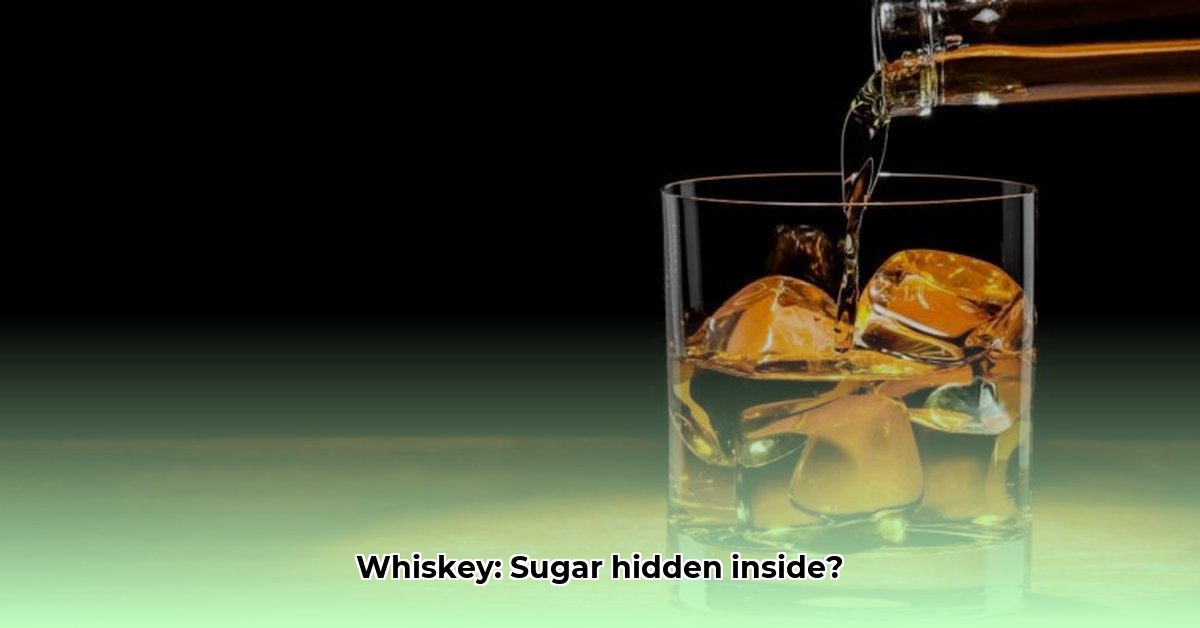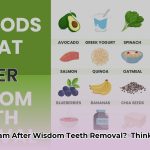Does whiskey have sugar? It’s a question that swirls around like ice in a glass, and the answer, much like a fine whiskey, has layers. While pure distilled whiskey is essentially sugar-free, the vast world of whiskey offers variations that can tip the sweetness scales. So, let’s unravel this spirited mystery and explore the truth about sugar in your favorite dram.
The Science of Distillation: Where Does the Sugar Go?
The journey from sugary mash to sugar-free spirit hinges on the magic of distillation. Whiskey production begins with grains like corn, rye, or barley, which are brimming with starches – long chains of sugar molecules. These starches are converted into sugars during mashing, then fermented with yeast, transforming those sugars into alcohol. This fermented liquid, now significantly lower in sugar, enters the still.
Distillation acts like a selective sieve. As the liquid heats, the lighter alcohol vaporizes first, leaving behind the heavier components, including the remaining sugars. This alcohol vapor is then collected and condensed, resulting in a spirit that’s naturally low in sugar and carbohydrates. A tiny trace might remain – roughly 0.04 grams in a 1.5-ounce pour – but that’s less sugar than you’d find in a single kernel of corn.
Whiskey Varieties and Sugar Content: A Sweet Spectrum
Not all whiskeys are created equal when it comes to sweetness. Here’s a breakdown:
| Whiskey Type | Sugar Content (approx. per 1.5 oz) | Key Points |
|---|---|---|
| Straight Whiskey | ~0g | Purest form, minimal residual sugar. Includes bourbon, rye, and Scotch. |
| Blended Whiskey | ~0g (may vary slightly) | Generally low in sugar, but some may contain added caramel coloring. |
| Flavored Whiskey | Varies widely (check label) | Often contains added sugars and flavorings. Check labels carefully. |
| Whiskey Liqueur | High (check label) | Lower alcohol content, significant added sugar. Treat, not everyday drink. |
Barrel Aging: Flavor, Not Sugar
A common misconception is that barrel aging adds sugar to whiskey. While the barrels impart color, aroma, and complex flavors like vanilla and caramel, they don’t significantly contribute to sugar content. The interaction with the charred oak may create caramelized wood sugars, which contribute to flavor complexity, not sweetness. Think of the barrel as a spice rack, not a sugar dispenser.
Mixers: The Real Sugar Culprit
The biggest sugar bomb in your whiskey drink? Likely the mixer. Sugary sodas, juices, and pre-made mixes can drastically increase the sugar content. For a low-sugar option, choose sugar-free alternatives like club soda, diet tonic water, a splash of water, or a squeeze of fresh citrus.
Whiskey and Diets: Keto-Friendly Considerations
For those on low-carb or ketogenic diets, pure, unflavored whiskey, enjoyed neat or with zero-sugar mixers, generally fits within the guidelines. Flavored whiskeys and liqueurs, however, are best avoided due to their added sugar. Always consult a healthcare professional or registered dietitian for personalized advice.
Tips for Low-Sugar Whiskey Enjoyment
- Choose Straight Whiskeys: Opt for bourbon, rye, or Scotch for a naturally low-sugar experience.
- Skip the Sugary Mixers: Embrace sugar-free alternatives to keep your drink low in sugar.
- Mind the Flavored Whiskeys: Check labels carefully, as sugar content can vary significantly.
- Enjoy Liqueurs in Moderation: Treat these sweet concoctions as occasional indulgences, not everyday drinks.
The Ongoing Research: Unraveling the Mysteries of Flavor
While current research suggests that distillation effectively removes most sugars from whiskey, the science of flavor development in spirits is an ongoing area of study. Researchers continue to investigate the intricate chemical reactions that occur during fermentation, distillation, and maturation. While we understand the basics, the complex interplay of compounds that create whiskey’s unique flavor profile is still being explored. This means that future studies may reveal even more nuanced information about sugar content and its influence on whiskey’s taste.
This information is intended for general knowledge and shouldn’t replace professional medical advice. Always drink responsibly and consult with a healthcare provider for any diet-related concerns. Cheers to enjoying whiskey mindfully!
- Good Mindfulness Books For A Calmer, Happier Everyday Life - February 4, 2026
- Recommended Meditation Books for Beginners and Experienced Practitioners - February 3, 2026
- Great Mindfulness Books to Guide Your Journey to Inner Peace - February 2, 2026
















